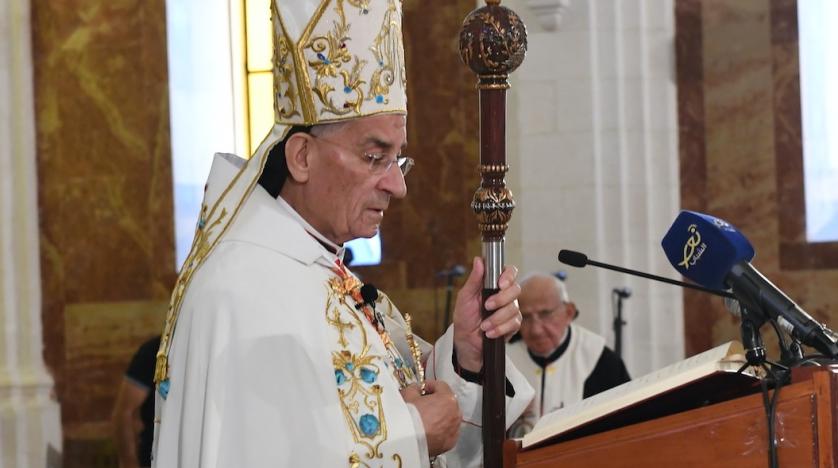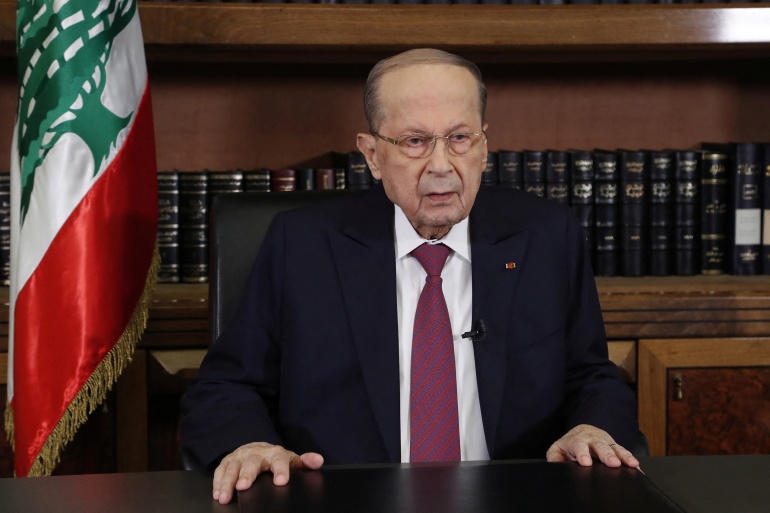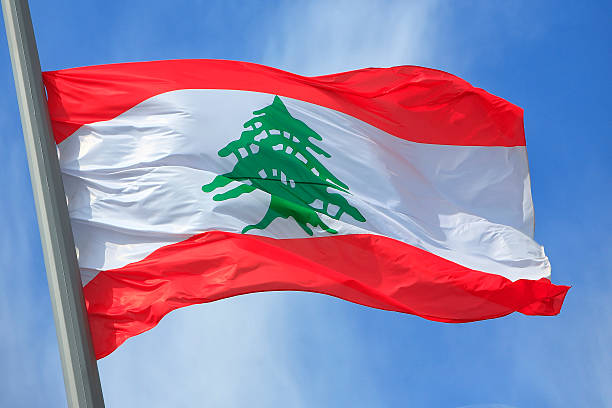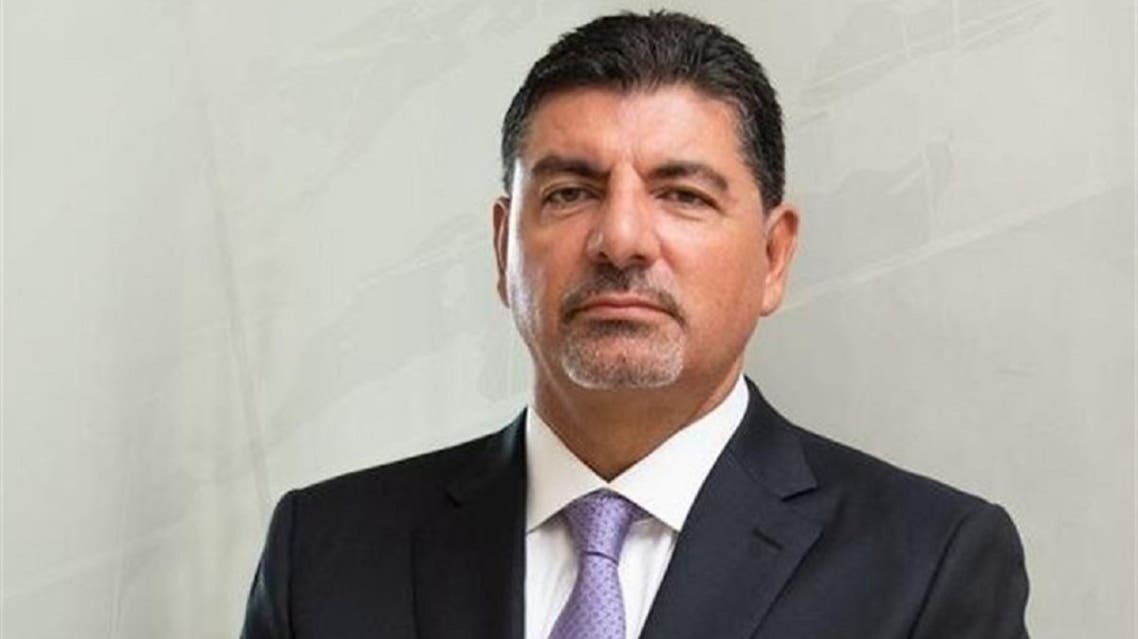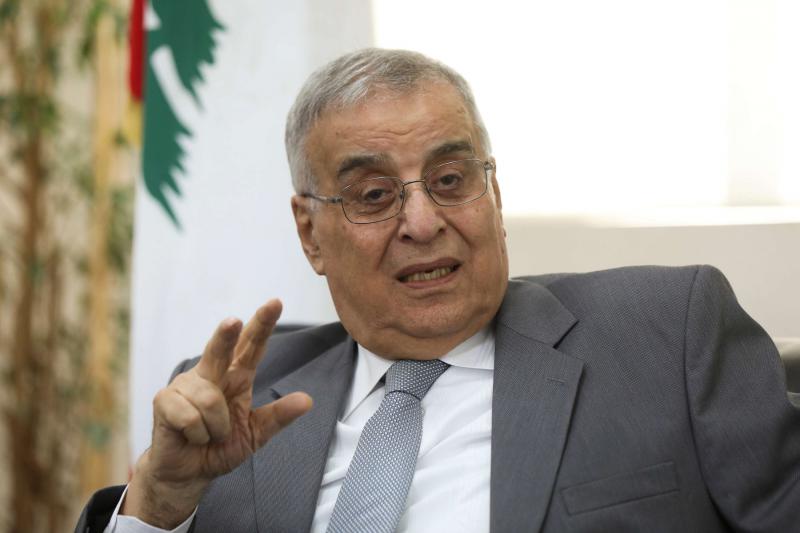
DUBAI/BEIRUT, (Reuters) – Two years into an economic meltdown the World Bank says is one of the worst recorded, Lebanon’s rulers have proposed a way to plug a huge hole in the financial system they were blamed for making: savers will foot most of the bill, not banks or the state. The plan, seen by Reuters, seeks to revive the moribund banking system by making depositors cover more than half the $69 billion gap, which is three times the size of Lebanon’s economy. It includes converting a large portion of dollar deposits to Lebanese pounds at rates that wipe out much of their value. The state, central bank and commercial banks will contribute $31 billion, or less than half. Agreement on a plan of action is vital for securing an International Monetary Fund bailout and setting the nation on the road to recovery. The new plan needs cabinet approval.
Till now, disputes between politicians and banks about the size of losses and who should pay have stalled any agreement. This latest plan still needs to convince the IMF. But ordinary Lebanese, many driven into poverty, will have little or no say. “It is the victim that has to bear most of the burden,” said Toufic Gaspard, an economist who has advised the IMF and Lebanese finance ministry. “Their logic is unacceptable by any standard of logic anywhere in the world.” Savers have faced ‘haircuts’ in other crises around the world, although small depositors are usually protected. Savers in Lebanon with less than $150,000 will have dollars preserved – amounting to about $25 billion – but, like other depositors, the money will be paid out over 15 years. They have already largely been frozen out of their accounts for two years. Yet the scale of Lebanon’s crisis, the worst since its 1975-1990 civil war, dwarfs most other global examples. Lebanese government debt was, by some estimates, an eyewatering 500% of gross domestic product in 2021, while the same sectarian leaders who ran the nation into trouble still wield influence now.
